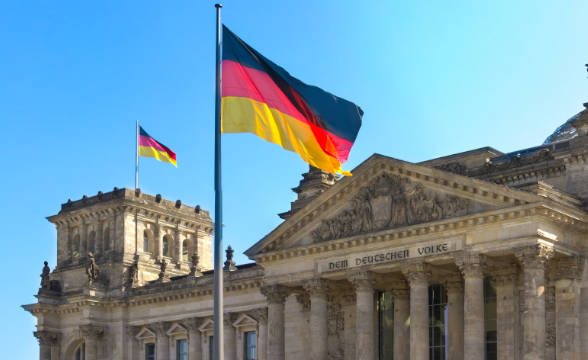The Sachsen-Anhalt State Administration Office has announced that Germany will be getting more online casinos and gaming websites after all. As many as nine new slots have been approved to be added to the framework which will enable slot and poker websites in the country to go ahead and launch.
New Licenses to Bolster the Existing Licensee Lineup
The licensee holders’ names have not yet been revealed, and this comes on top of the previously revealed three licenses, which means that the overall number of recent permits to launch iGaming products has now risen to 12. The increase in the overall number of available licenses is good news for the 60-odd applicants who are still waiting to be processed.
Eight companies decided to leave voluntarily with only one rejected and many others still pending review. However, some companies have been able to already make an entry into the German market, with Mernov, Mybet, and Tipwin all securing an entry. But the Administration Office is not only looking to promote new licenses.
It’s also looking to clamp down on operators who are breaching the law, with more than 25 cases referred to the prosecutor’s office involving operators who have colored around the lines. Authorities in Germany have reviewed close to 900 websites looking to clamp down on illegal gambling and limit the black market reach.
Promising Regulatory Roadmap Despite Potholes
As there are still no new online poker licenses launched, it seems that the Administration Office will remain focused on those as well as online slots. These new licenses are issued amid the changing landscape of German gambling with the new regulator, the Glücksspielbehörde, stepping in to help oversee the industry, but also adding a new set of requirements that must be upheld.
While many companies have faced difficulties navigating the new gambling industry realities in Germany, authorities are confident that this change will create the roadmap to a sustainable and flourishing gambling industry, even if some players had to quit the market recently, citing regulatory uncertainty.





